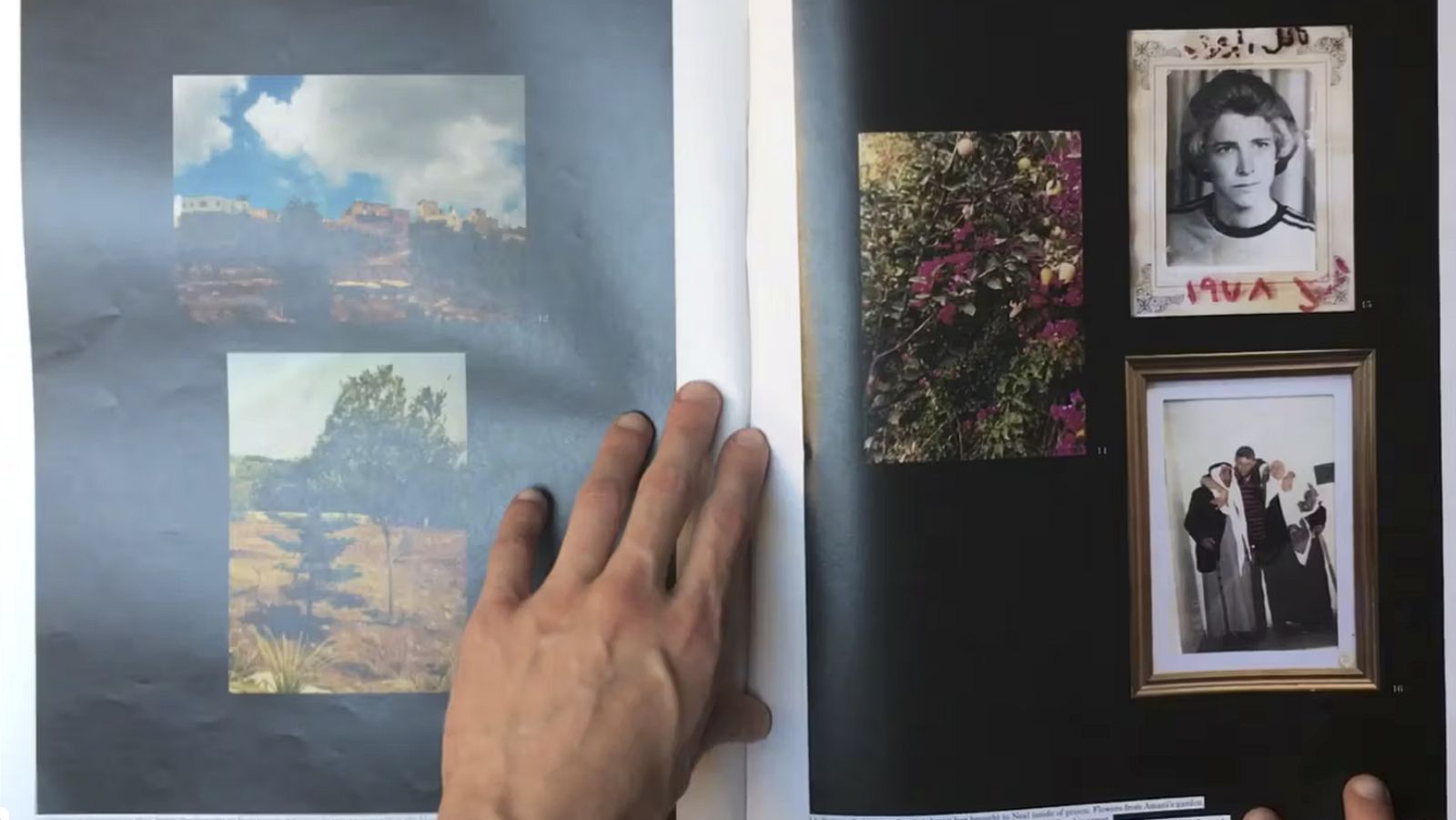
Mauro Tosarelli
soundcloud.com/mauro_tosarelli/prisoners-sound-archive-230520
soundcloud.com/mauro_tosarelli/prisoners-sound-archive-230520
In the West Bank, arrest is systematically used as a form of collective punishment, which makes detention a common condition. Long before the Covid-19 outbreak, clandestine radios and smuggled letters have been one of the few ways to send messages to friends and family held in prison. Now that visits have been cancelled, these autonomous systems are the only way left. Deprived of freedom and political rights, Palestinian prisoners have developed secret communication systems to exchange messages, both within and outside jail. In prison, written communication is not just a tool for political coordination but also a way to maintain relationships with the world outside. In extreme contexts, objects and everyday actions gain a new meaning. By combining personal testimonies and collective stories, my project aims to bring the experience of prisoners to the heart of the contemporary debate. My work develops through the narrations of Palestinian political prisoners and their family members, focusing on the autonomous systems of communication used inside Israeli prisons. The project is not limited to recounting stories of political struggle, but it also explores their private and intimate relevance. Revealing, documenting and recounting life and culture from prison beyond the narrative of exclusion and misery allows us to question our own assumption of prisons. By highlighting the importance of communication inside places of detention, my work reveals the horizon of human necessities and inventiveness under con nement. When bodies cannot move, alternative ways must be designed.